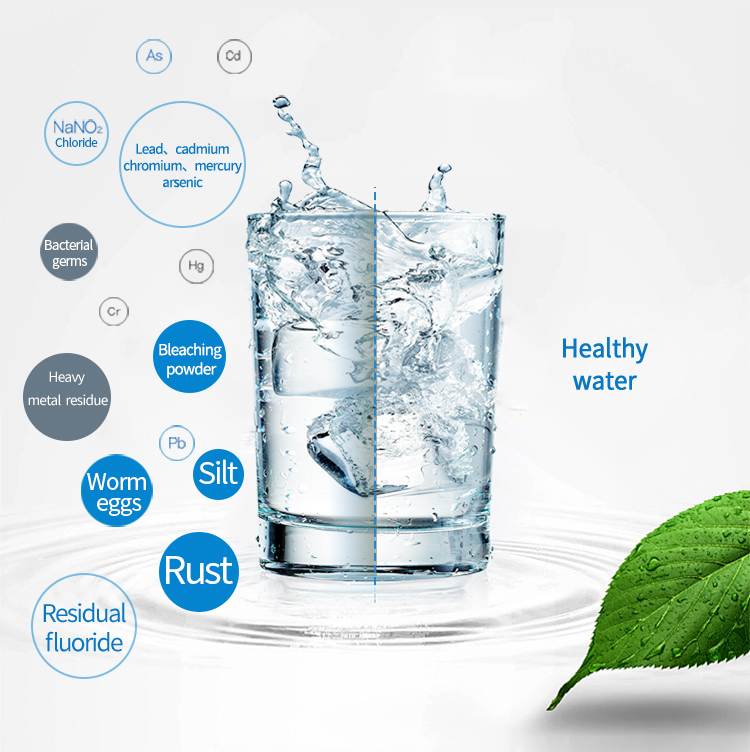Ocean Pollution Facts & How a Water Filter Can Help Protect Our Planet
The ocean, covering more than two-thirds of Earth’s surface, plays a vital role in regulating the climate, supporting marine ecosystems, and driving global economic growth. But human activity — especially plastic pollution — is pushing ocean systems to a breaking point.
Key Ocean Pollution Statistics (and Why They Matter)
Understanding the facts behind ocean pollution empowers individuals to make informed, sustainable choices. One simple but powerful action: installing a home water filter, which drastically reduces the need for single-use plastic bottles.
- The ocean absorbs over 90% of the planet’s excess heat — a critical buffer against climate change.
- Ocean surface temperatures in 2024 were 0.97°C warmer than the 20th-century average, leading to coral bleaching, rising sea levels, and melting polar ice.
- 75% of coral reefs have been affected by bleaching due to rising temperatures.
- Over 3 billion people depend on the ocean for food, jobs, and energy.
Plastic Pollution: The Ocean’s Growing Crisis
- An estimated 8 to 10 million metric tons of plastic enter the ocean every year — roughly a garbage truck’s worth every minute.
- Between 75 and 199 million tonnes of plastic are already in the ocean.
- The majority of this plastic (70–80%) comes from land-based sources, like discarded bottles and packaging.
- Plastic bottles, bags, wrappers, straws, and other single-use plastics are the most common items found in ocean cleanups.
- By 2050, plastic is expected to outweigh all the fish in the sea if current trends continue.
- Microplastics (smaller than 5mm) make up 92% of ocean plastics and have been found in 60% of fish, with 1 in 3 caught for human consumption containing plastic.
Pollution Beyond Plastic: Nutrient Runoff and Dead Zones
- Agricultural runoff, fossil fuels, and wastewater lead to nutrient pollution, causing oxygen-depleted “dead zones” where marine life cannot survive.
- There are currently 405 dead zones globally, with the largest in the Gulf of Mexico spanning 6,705 square miles.
- Five major garbage patches exist in our oceans, with the Great Pacific Garbage Patch covering an area twice the size of Texas.
How a Water Filter Helps Fight Ocean Plastic
Using a home water filter instead of bottled water is one of the most effective personal actions to reduce plastic waste:
- In the UK, the average person uses approximately 150 single-use plastic water bottles per year. In London, that number rises to around 175 bottles annually
- UK households buy about 7.7 billion plastic water bottles yearly, which works out to around 150 bottles per person
- Londoners specifically purchase closer to 175 bottles each year
- A household of four switching to a water filter could save over 600 plastic bottles annually.
- Filters provide safe, clean drinking water — without contributing to ocean-bound plastic waste.
- Switching also reduces the carbon footprint from plastic production and transportation.
Take Action Today
By understanding the scale of ocean pollution and making small changes — like switching to a sustainable water filter — we can all play a part in protecting the planet’s most vital ecosystem. Cleaner oceans begin with everyday choices at home














